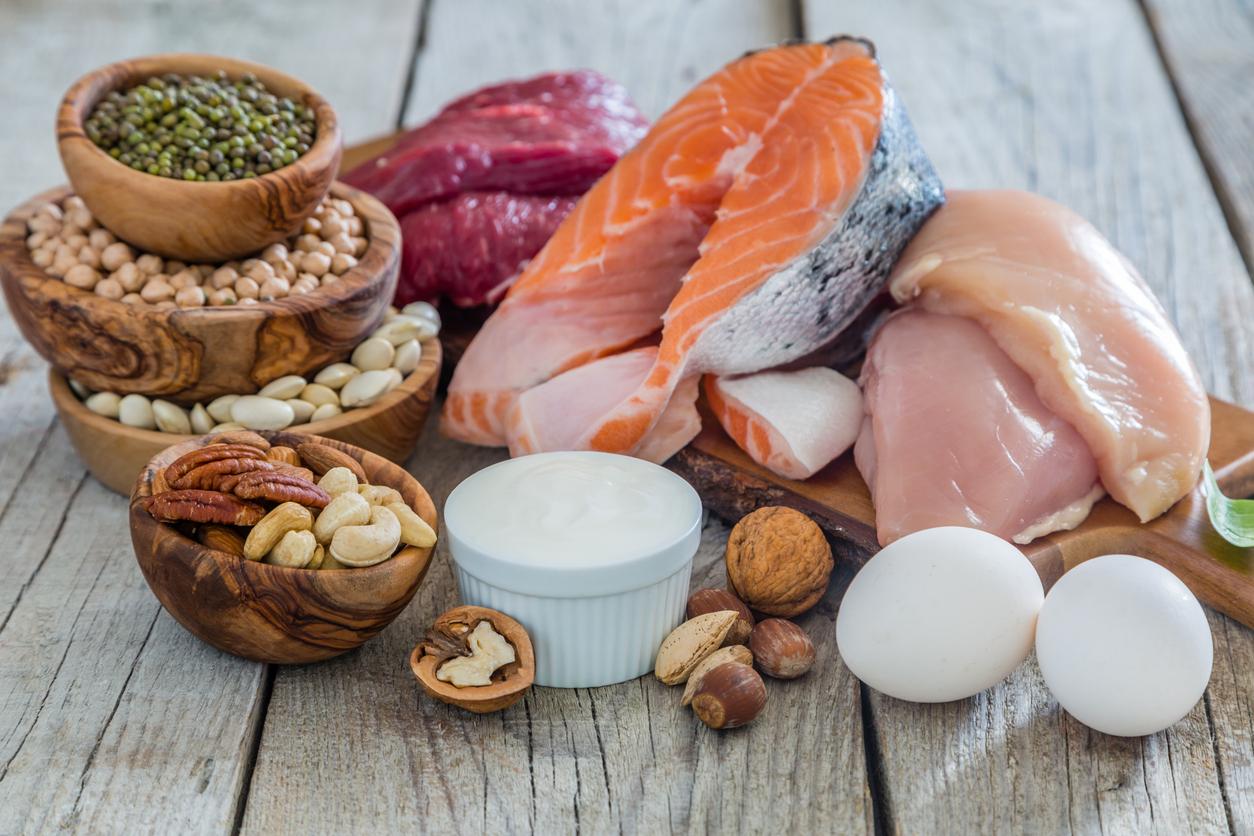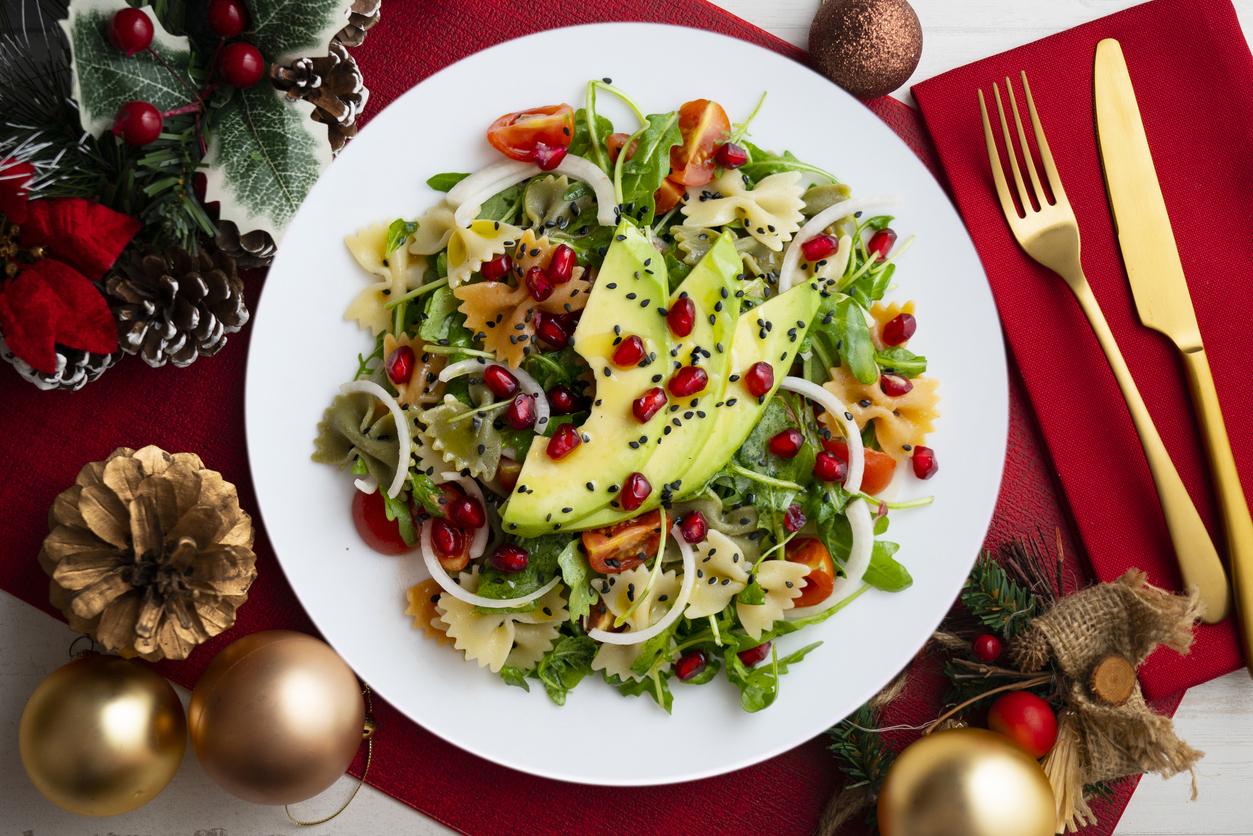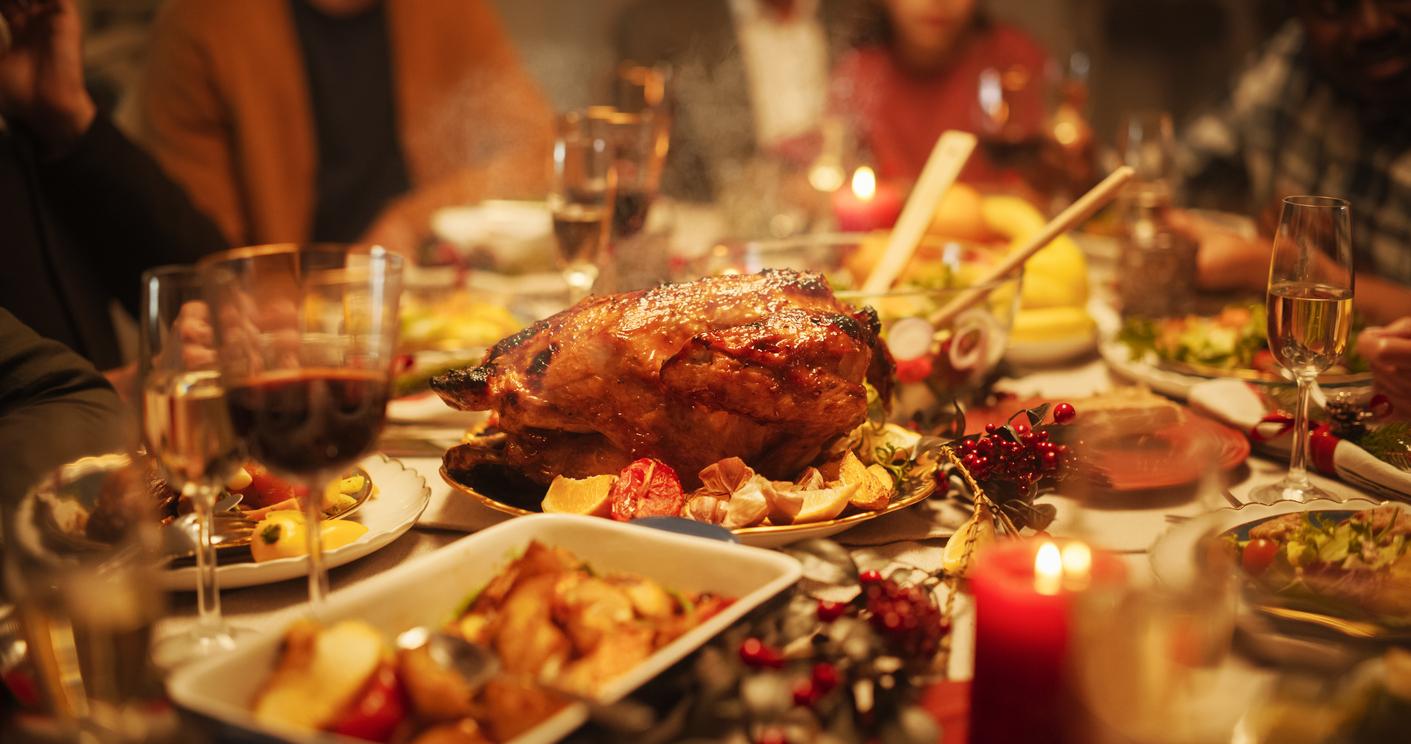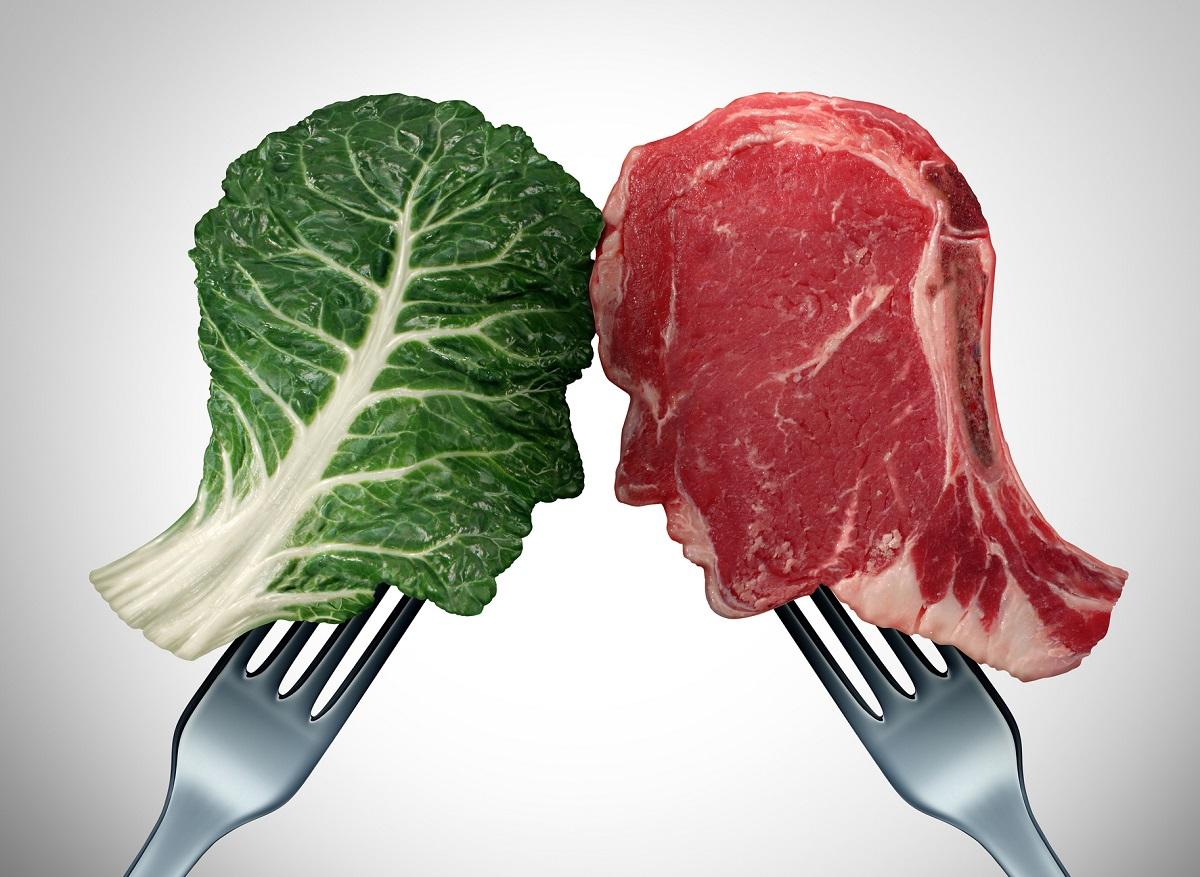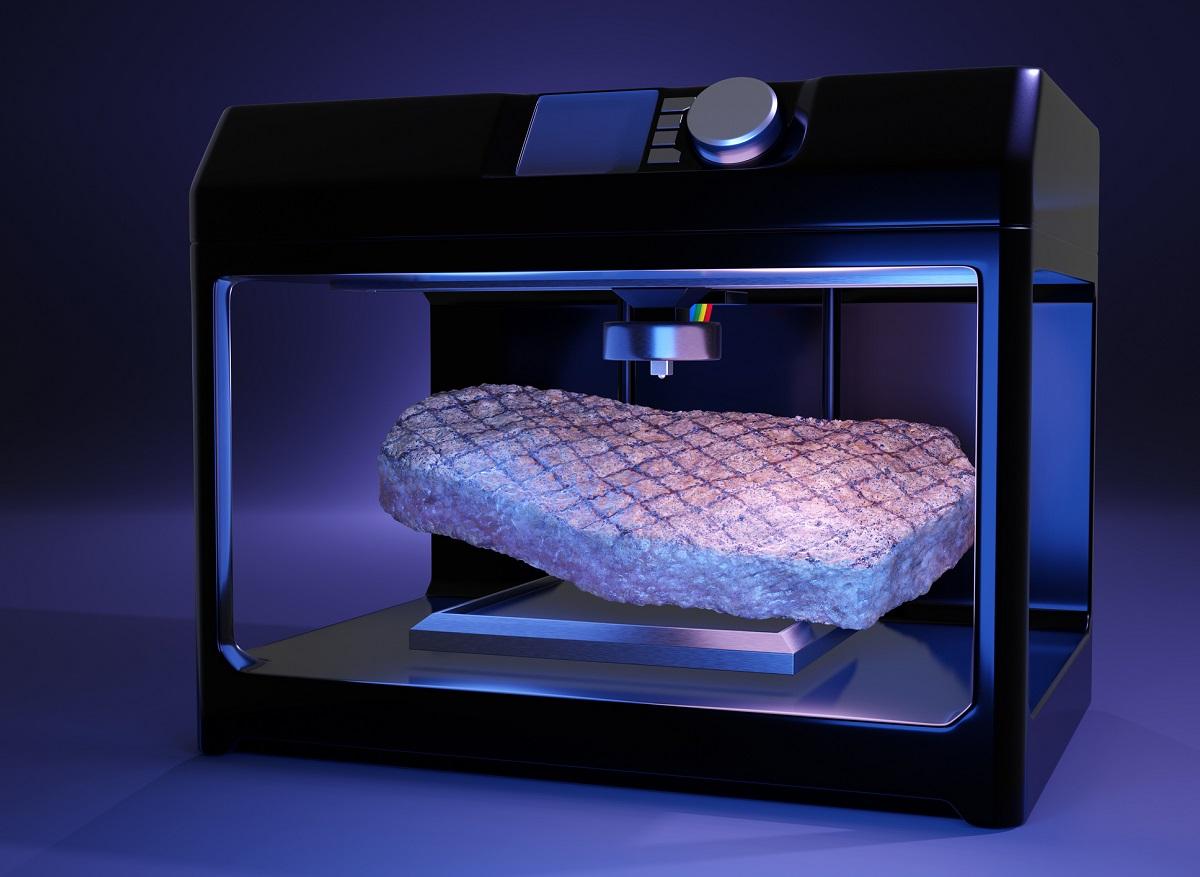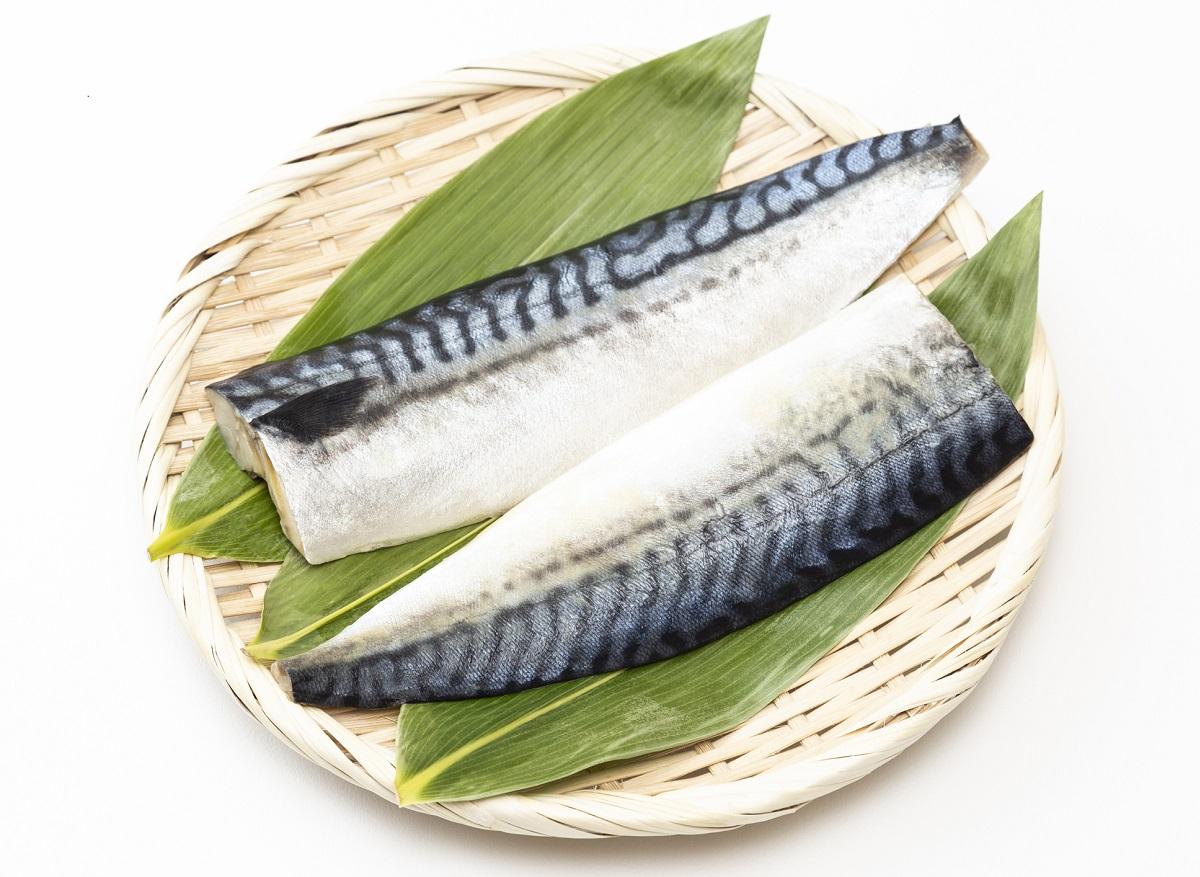
Recovery of the intestines
There is a whole range of conditions where diet can really make a difference. This episode talks about celiac disease – when the body reacts badly to gluten. We spoke to Erica Hopman about this. She works as a dietician at the Leiden University Medical Center (LUMC) and obtained her PhD on celiac disease and the gluten-free diet.
Celiac disease (pronounced seuliakíé) is an autoimmune disease. Hopman: ‘This means that your body’s immune system reacts incorrectly to substances that are actually not harmful at all. In celiac disease, that is gluten. Normally, the body can process gluten well, but in someone with celiac disease, intestinal damage occurs after eating gluten. And that can lead to complaints and complications. Fortunately, the intestine can also recover through an adapted diet.’
The effect of a damaged gut
Hopman: ‘If someone with celiac disease ingests gluten, an immune response is triggered in the body. These reactions take place in the cells of the small intestine, which are, as it were, attacked by the own body. This damages the mucous membrane of the small intestine.’ Due to the damage, the intestine can no longer do its job properly and nutrients are absorbed less well. Hopman explains: ‘The classic complaints in celiac disease are abdominal pain, nausea, vomiting, diarrhea and constipation. Because nutrients are absorbed less well, weight loss, bone loss and, for example, a low iron content can also occur. There are also other, somewhat more vague complaints, such as fatigue.’
Diagnosis
Because the complaint pattern is so diverse, the diagnosis is quite difficult to make and is often missed. It is estimated that 1 in 100 to 200 people in the Netherlands has celiac disease. But there are also many people who have complaints but no diagnosis yet. ‘If you have complaints that may indicate celiac disease, a simple blood test will first check whether there are antibodies against gluten in the blood. If that is the case, then the risk of celiac disease is high and a reason for further research. Then a small intestine biopsy is done. A small bite is taken from the intestine for examination. If the doctor sees abnormalities there, then the diagnosis of celiac disease has been made.’
Gluten-free food
Once diagnosed, a gluten-free diet is the only cure. Gluten is a protein that occurs naturally in certain grains, such as wheat, spelt, rye, kamut and barley. For example, it is in bread, crackers, pasta, cakes and pies made from these grains. Someone with celiac disease can therefore no longer use these products. Hopman: ‘But that doesn’t get you there yet. Gluten has many properties that are useful in the food industry. It gives bread a lightness, but is also a binding agent, a thickener, is used as a glazing agent on sweets, ensures that meat products do not dry out… Gluten can also be found in stock cubes and ready-made sauces. These traces of gluten can already cause intestinal complaints, because the immune system already reacts with these small amounts. That’s why “back to basics” is a good plan. If you put together a good diet yourself and prepare a lot yourself without packages and bags, you have the smallest chance of unexpected complaints. You know better what is in your diet.’ Hopman also advises making certain agreements with the family. A breadcrumb, for example, can already trigger complaints: ‘As a person with celiac disease you can choose to have your own jam, butter and peanut butter, but you can also agree as a family that only use a clean spoon or knife from jars or the butter dish. is achieved. And in the pantry, I recommend putting gluten-free products on the top shelf. If the packaging of something containing gluten breaks, it will not end up on the gluten-free products.’
Make sure you don’t miss anything
Only deleting gluten-containing products and making hygienic working agreements is not enough to eat healthy gluten-free. Bread and grains are a large group in the Wheel of Five. If you just leave out these products without providing good substitutes, you run the risk of shortages. Gluten-free oats, buckwheat, and teff are good substitutes. For example, they provide B vitamins that are also found in gluten-containing grains, and fiber. Hopman: ‘Those who omit gluten-containing products and opt for gluten-free bread and gluten-free cookies usually get little fiber. That is why products such as nuts, vegetables, fruit and brown rice are so important, they provide fiber. In addition, ordinary bread is a source of iodine because bakers use salt with iodine. If you bake your own bread, I advise you to use salt containing iodine or baker’s salt, so that the chance of an iodine deficiency is smaller.’ In particular, Hopman recommends that you visit a dietician with knowledge of the gluten-free diet in order to master the diet and evaluate it regularly. Even if you have had celiac disease for some time, blood checks and regular nutritional checks are still important. ‘If you have been following a gluten-free diet for some time, the gut can recover. But a small mistake can cause complaints. Well, once a mistake is usually not such a big problem, but if your intestine is continuously triggered with a little bit of gluten, damage can occur again. That’s why it’s so important to keep checking. The blood is regularly checked to see if there are no antibodies, for example, it is also checked whether the diet contains any deficiencies – of, for example, vitamins and minerals. Also, don’t forget that a manufacturer can just change the composition of a product so that it may contain gluten. This means that you need to regularly check and adjust your diet. That takes some effort, but in this way a lot of complaints and complications can be prevented.’
Don’t experiment yourself
Celiac disease cannot be cured and there are no medicines for it. The treatment therefore consists of a gluten-free diet. Hopman emphasizes that it is not wise to experiment with a gluten-free diet yourself if you suspect that you have celiac disease: ‘If you start eating gluten-free before the diagnosis has been made, you are making a crucial mistake. You do not know whether it is actually celiac disease. If you start following the diet on your own, you run the risk of deficiencies. The diet is not easy. More importantly, dieting makes the diagnosis much more difficult. The antibodies in the blood can only be found if you have continued to eat enough gluten. And an intestinal biopsy can only show the effects of gluten if your diet still contains enough gluten. If you suspect celiac disease, it is therefore important to first discuss this with a doctor.’
Want to know more about gluten and gluten-free food? Be sure to listen to this episode of our podcast Healthy Conversation with dietician Lisanne Bosch:






